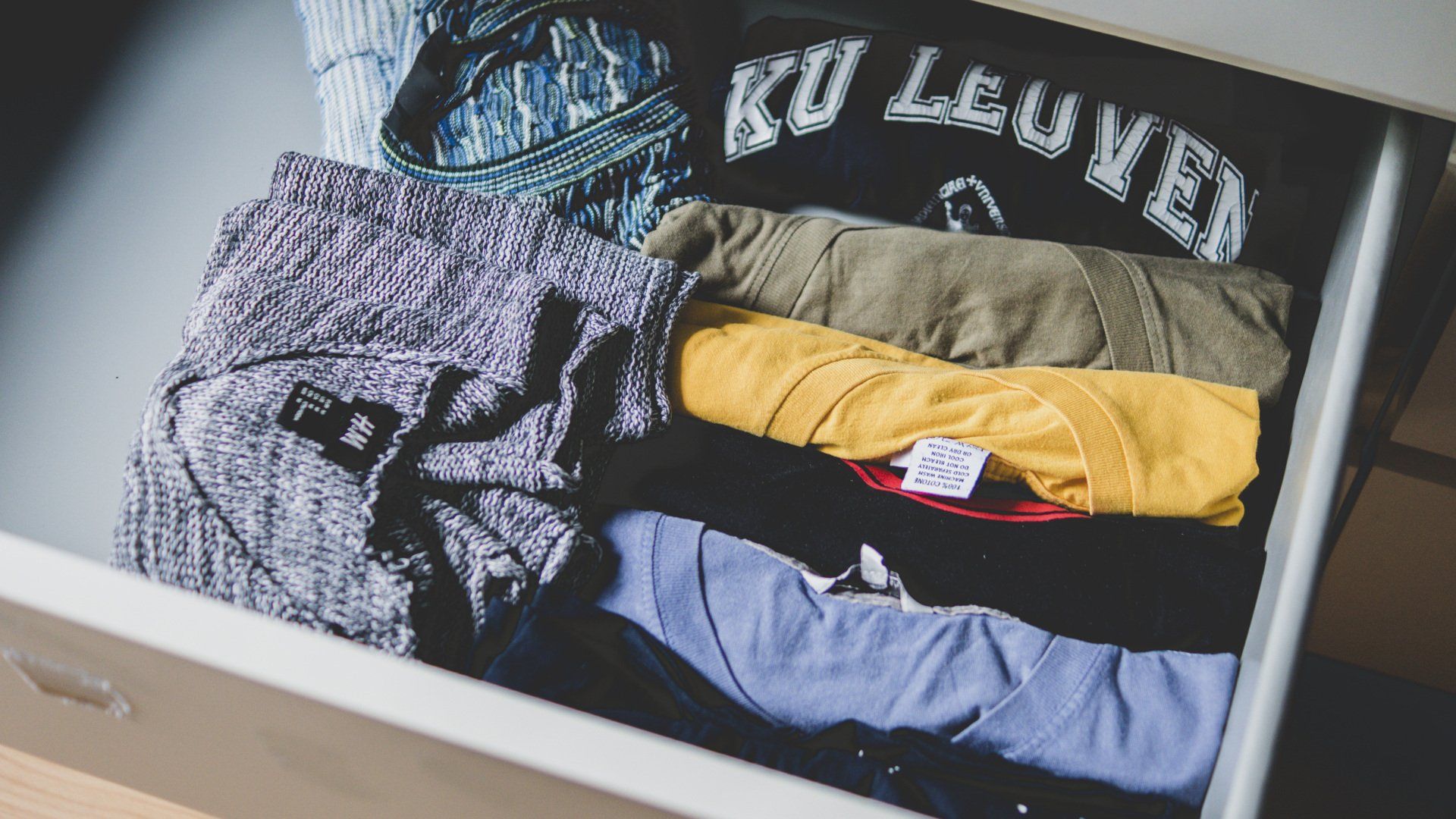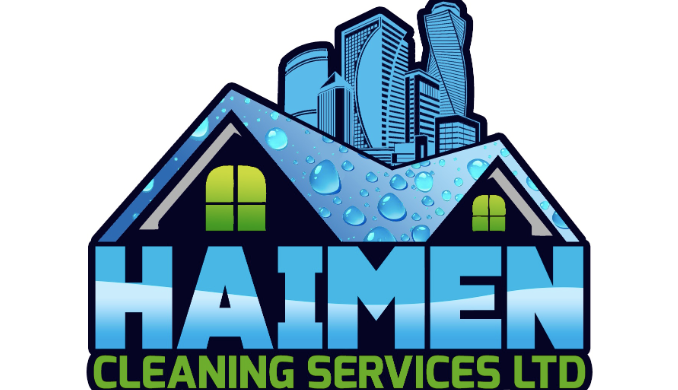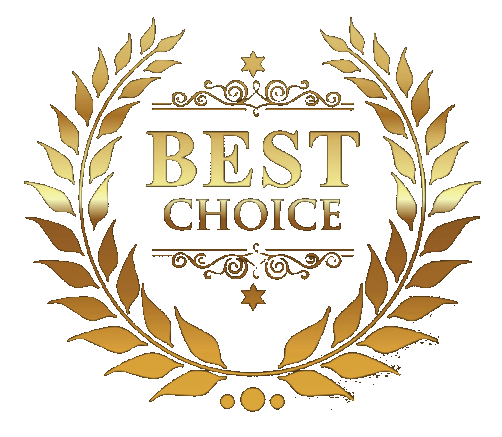Are Cleaning Products Tested On Animals
It might be the scent or the color of the bottle that appeals to you. However, when you buy soap, cleaner, or washing powder, you usually don't think about if the label conceals a secret.
Approximately 500,000 animals are still suffering from the testing involved in the production of cleaning products across the world, including those in Canada.
Even then, the available reporting on animal testing for commercial and domestic cleaning products is either lacking or ambiguous.
Consumers may be forgiven for believing that items labeled "cruelty-free" are precisely that or even that animal research has long been prohibited. But matters aren't that straightforward.
This post will look at the animal testing done to manufacture cleaning products and what's been done to avoid it!
Some Companies Are Killing Animals
Several companies have a dark secret they wouldn't want the consumers to know. Cosmetics and home items are not required to be tested on animals by the Food & Drug Organization or the Consumer Product Safety Commission in the United States. Nonetheless, businesses continue to torture and murder animals to profit via cleaning goods.
Although there are humane and proper alternatives, rabbits are tested in skin corrosion tests. Their backs are shaved, and corrosive substances are practiced on their raw skin for up to 2 weeks. These chemicals frequently burn their skin and cause tissue damage.
Bunnies are also tested to the infamous Draize eye irritancy test, in which dish detergent, drain cleaner, or other chemicals are poured on their eyes, frequently resulting in redness, inflammation, discharge, cloudiness, or blindness.
What's the Situation with Commercial Products?
The British Columbia Society for the Prevention of Cruelty to Animals (BCSPCA) is Canada's well-known animal rights campaign. Its mission is to safeguard and improve the lives of domestic, agricultural, and wild animals across Canada.
Most Canadians believe that animal testing of products (or their ingredients) should be prohibited in Canada. The Cruelty-Free Cosmetics Act, introduced in Congress as Bill S-214, changes the Food and Drug Act to prohibit cosmetic animal experimentation and the sale of cosmetics produced or made using animal testing.
Countries worldwide, from the Americas to the Far East, have built national centers dedicated to non-animal alternatives and passed laws to eliminate animal testing, but Canada has lagged behind until these measures were taken.
The Canadian Centre for Alternatives to Animal Methods (CCAAM) and the Canadian Centre for the Validation of Alternative Methods (CaCVAM) are dedicated to developing, validating, and promoting non-animal, human biology-based platforms in biomedical research, teaching, and chemical safety assessment.
Can Consumer Pressure Change Policies?
It is possible. After years of dispute, toiletry behemoths Procter & Gamble, producer of Head & Shoulder, maker of Dove, and Unilever, decided earlier this year to endorse Humane Society International's #BeCrueltyFree campaign, which seeks to eliminate this testing for cosmetics in all major global fashion markets by 2023.
Even China has made a step toward a ban on animal research of self-care and cleaning products, promising an end to mandatory post-market testing of final products.
Conclusion
Companies use animal testing to investigate the effects of their commercial cleaning products before they are offered to customers to ensure their safety. Despite the growing trend towards awareness and cruelty-free options, animal testing is still used in many popular businesses and goods.
If you prefer to prevent all animal-derived substances and animal testing, Haimen Cleaning services are here to help you.
Book us now with a single
click here!




